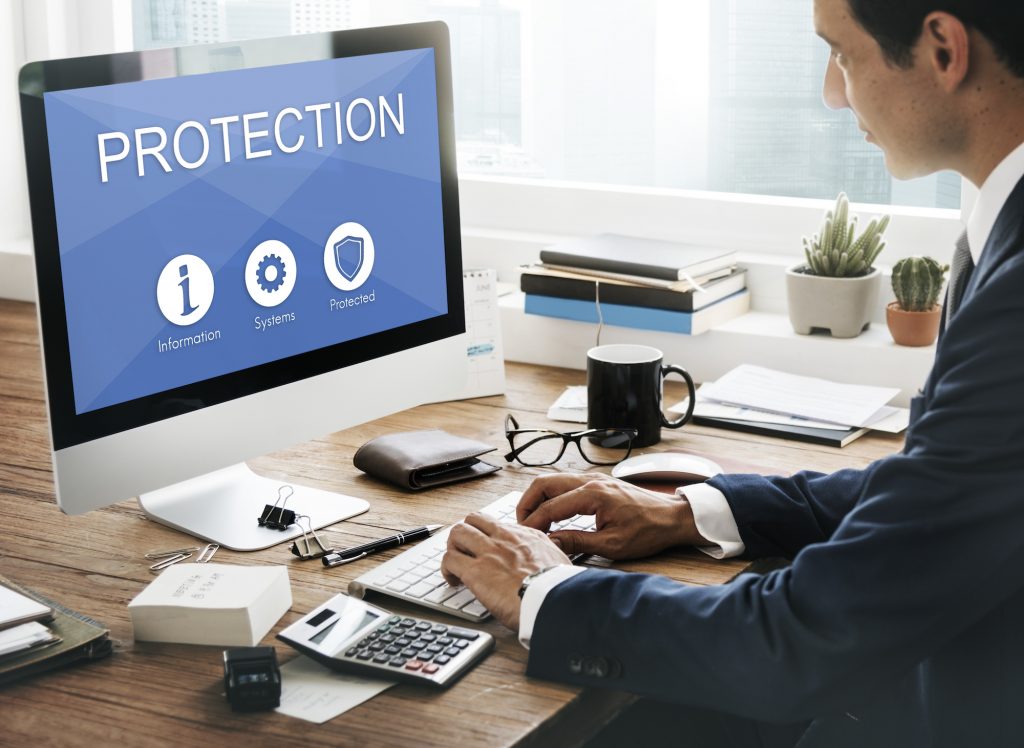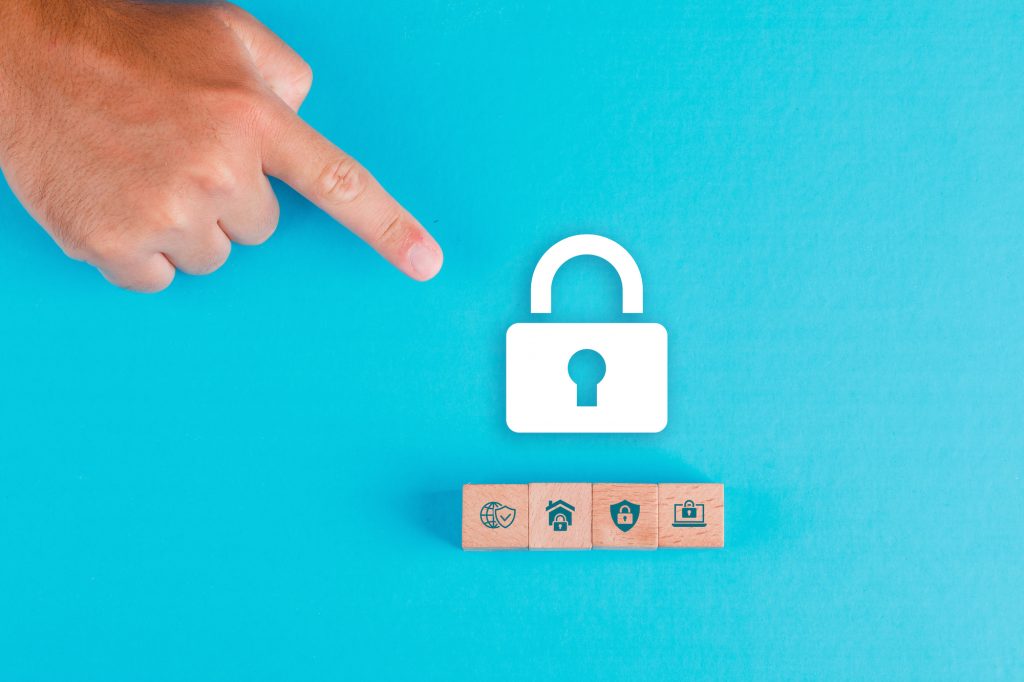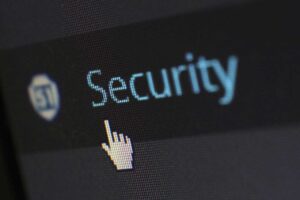6 signs that your email has been hacked
Gaining access to someone’s email is one of several popular tricks hackers like to use. Should they succeed, it can be the first step towards unleashing ransomware, business-wide downtime, and severe productivity losses. Make sure you look out for the following signs that your email has been hacked and avoid more serious cyber risks.
A password reset email you didn’t ask for
Any service you use that’s linked to your email can be accessed should your email get hacked. Online banking, social media accounts, and SaaS applications in your name can be hijacked by hackers so they can commit further crimes.
You can’t access your account
When hackers gain access to your account, they will often change your password to keep you out. Remember to always make doubly sure you’re entering your password correctly before assuming this has happened!

Emails in your Sent folder you didn’t send
If you see an email you didn’t send yourself, a hacker was likely behind it. Again, check that there isn’t a more common explanation: you might have let someone else use your account. But if you can safely rule that out then there’s cause for concern.
Complaints from your contact list
Criminals will often send spam and send phishing emails from an account they’ve gained access to. The account’s contact list will typically respond with concern – as anyone would upon receiving suspicious emails from a trusted sender.
Suspicious emails in your trash
To avoid getting caught sending emails from your account, hackers will delete the emails from the sent folder. They will often carelessly delete emails from your main inbox too. Anything in the trash that shouldn’t be there is a good reason to suspect an attack.
Unexpected devices, addresses, or browsers accessing your account
Your email can tell you information about where the account has been accessed from and on what device. Anything that’s unrecognisable should be met with suspicion.
Here are a few ways to respond should you notice any of the above
Run antivirus scans
Malware can often give hackers access to your email account. Running an antivirus scan will show you if there is any malware present.
Check to see if other accounts are affected
Both your accounts and fellow employee accounts. This is one of the primary ways to minimise damage.

Change your password
Without access to your account, this will at least prevent any further activity from the attackers. Adding multi-factor authentication should also be done if it’s not already in place.
Set up a new account
A brand-new account takes your email as far away from your attacker’s prying eyes as possible.
All the above should be complemented by a strong cyber security policy. This will involve ensuring your passwords are regularly updated across your IT and all your software is up to date.
Quickly noticing the above signs that your email has been hacked is always good. Still, in a perfect world, they won’t happen in the first place: prevention is always better than cure. And what with the ever-changing cyber security landscape, this can be a tricky task for any business. If you want to give your team peace of mind and prevent both email account hacking and a range of other cyber-attacks from compromising your business, click here to learn more about our cyber security services.










